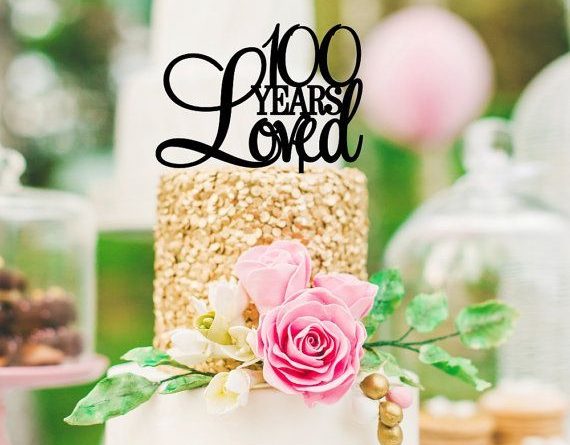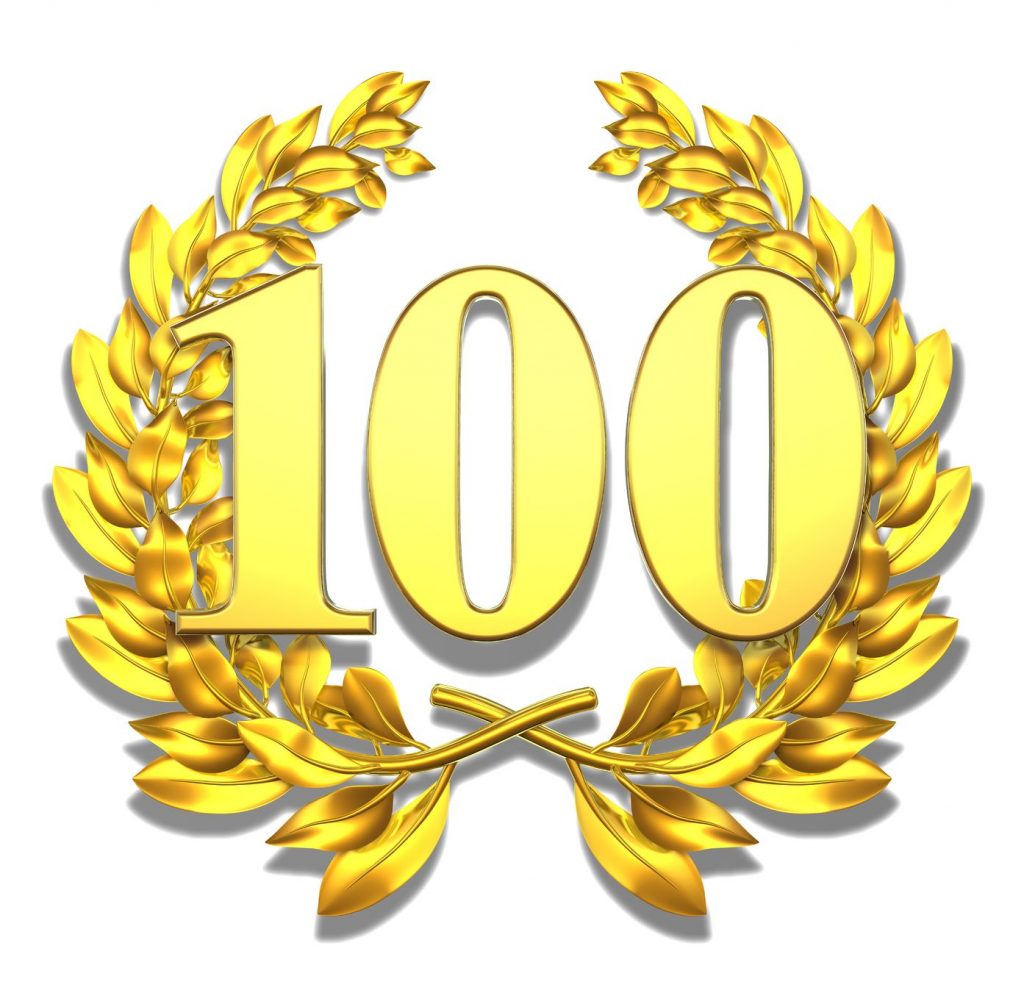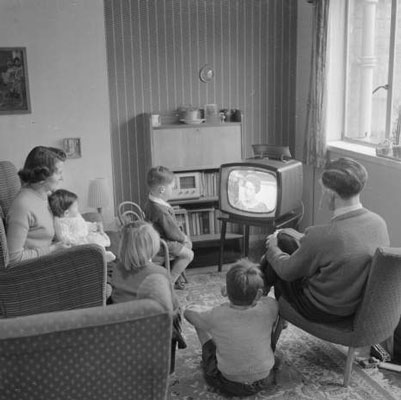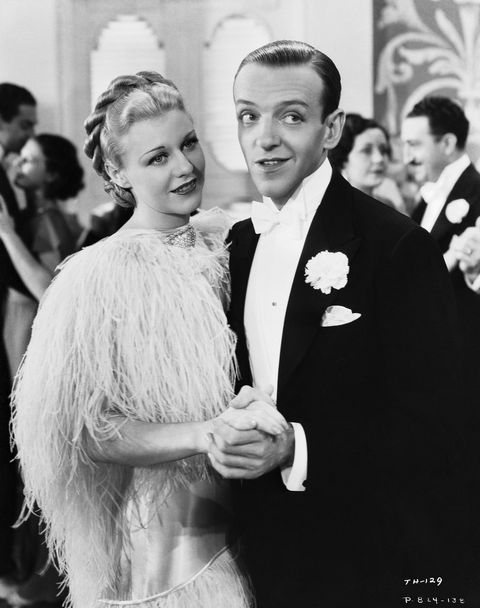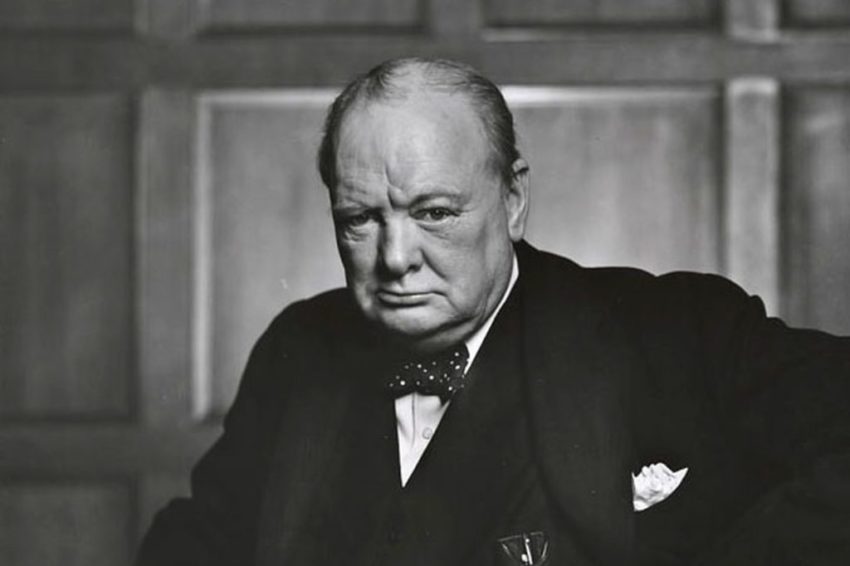Wednesday Woman : The Wisdom of Age(s) Elizabeth at 100!
‘Elizabeth’ (not her real name) turned 100 in August 2019. I suggested, on social media, that it would be great to get her thoughts on some of her experiences over that extraordinary period and was there anything people wanted to ask her? There was a terrific response. A number of people sent me their questions for Elizabeth, as well as their birthday and general good wishes for her.
I put all the questions to her, plus my own, yesterday and she worked her way through them over almost 2 hours! (If your question is not here, please note it’s not because it wasn’t asked, it’s likely that over almost 2 hours, Elizabeth got a little tired and couldn’t immediately think of the answer).
I haven’t recorded her every word below but here are her answers:
*******
Q: How does it feel to be 100?
A: I’m astounded I’ve got here! I never expected it. I’ve outlived most of my family and friends. I’ve lost a lot of people but I’m a fatalist. You have to accept it will happen. I feel lucky on the one hand that I’m here but also cheated out of not being able to discuss things with any of the people I knew. But I’m not a miserable person. I look on the bright side.
Q: Everyone wants to know – What’s the secret of your longevity? !
A: Pure luck! I Didn’t deliberately preserve myself. But I’m not reckless, I never have been. I feel very lucky. I’m healthy for my age despite my sight and hearing failing.
Q: Tell me a little about your family and early life.
A: I was born in Scotland. My parents had moved there in 1914. My father was a butler. My mother was in service. She was 17 when she met my father and he wanted to marry her straight away but she said, I’m only 17, I’m too young! She married him when she was 24 which was considered quite old back then for a girl to marry. Then, when I was about 7, we moved back to England, to Surrey. My father became butler to the Commandant at Sandhurst. We moved around quite a bit.
We had simple food but I miss it. We had lots of fruit in the garden. I miss my mother’s home cooked puddings, homemade jams, pickles and chutneys.
They brought milk into schools in the 1930s. I remember we got a little bottle. It was a good idea. Some children didn’t get that at home. There was more poverty then.
My pocket money was 1 penny a week and for that you got 4oz of sweets. The bus was 1 penny per mile. Sixpence for a child.
I remember, one time, my friend and I went to Aldershot to play netball. We were given 6 pence for the bus. We thought we’d save the money and walk the 6 miles instead. On the way back the coin slipped out of my hand and fell in the river! Lesson learnt.
We children would get sixpence at Christmas.
Children were to be seen not heard, generally.
Q: What sort of future was expected for you?
A: A shop job, or a nanny or going into service. My mother didn’t want that for me though. She said she didn’t want me to be a skivvy, that’s what she called it. I didn’t want that either. It was a hard life. So, I worked in the laundry for a bit after school. I was 14 and you did what your mother told you to. I did the ironing. We had those horrible gas irons. There was a pipe and you held the iron up to it and the pipe would heat the iron. This was in 1933. I rebelled against it. I said I don’t want to stand and iron all my life. So, I went to night school to learn how to type, except I didn’t have a typewriter at home to practice on. So, I drew the keyboard on some paper and practiced on that!
I didn’t want to be in an office though. So, I worked in a hairdressers for 6 months. I did the typing. They had a print machine. Tall, metal with a curved part, I put the letters in and turned a handle. Setting the type took a lot of time.
Life was easygoing, although restrictive. Young people had to ask their parents’ permission to take on a job or leave it. My mother always knew when I told her a lie!
I did accounts at 16 and worked in that area.
Q: I explained social media to you earlier and how it works. Some of the people from there have asked me to ask you their questions.
One is, what was your biggest mistake?
A: Succumbing to shyness. I was such a shrinking violet. I couldn’t go into a room and introduce myself to people and say hello I’m Elizabeth. I would just go bright red all across my face, down to my neck. I never thought I’d get married because I just couldn’t imagine walking up the aisle with everyone looking at me.
I also listened to other people’s advice when I should have worked things out for myself. People would always tell me how I should do something and I should have said no, let me try it the way I think it should be done and learn for myself if I’m right or wrong.
Q: What do you consider your greatest achievement.
A: Reaching 100! My sister was the clever one who achieved really. When she was eight she had scarlet fever and was in hospital. My mother wasn’t allowed to go see her because you could catch the fever, so we just heard about what she was like there. The sister on the ward told us that she had been telling them what to do! She used to follow the doctor around and when he asked her why she was doing that, she said because she wanted to hear what he said to the patients because she was going to become a nurse when she was older. And she did it too.
Q: Where did you spend World War II?
A: In London! I was directed into war service. I had a choice of nursing, the land army or the services. My 19 year old brother was called up. My sister was a nurse already by then. They wanted to send me to Coventry but my mother was on her own in the house so I said I’ll do anything as long as it’s local so I can help my mother. They thought maybe I was making excuses because I was conscientious objector! So I had to see a doctor and I don’t know what he put on my record but the Labour exchange said I didn’t have to go to Coventry. I kept asking, what did the doctor say about me but they wouldn’t tell me. I said it’s my body and if there’s something wrong with me I should know. But they just said he had been sympathetic. So, I stayed local and worked for a firm which made parts for aircraft.
Q: What was day to day life like during that period?
A: I cycled to work or took the bus. Street lights were dimmed and had black cloth or paper over them so we had limited light in the evening. We built a corrugated iron shelter in garden. The Council came and laid the foundations and my brothers put the roof on.
Rationing was a misery. We got 1 egg per person per week, sometimes two, if there was a glut of eggs that week. We’d get a shilling’s worth of meat, flank or brisket, the cheapest bits. Tinned food was rationed too. We had a ration book which worked on points. We’d get 20 points a month and we had to be very careful how we used them. A tin of soup was 2 points. Tinned fruit was 3 points. Corned beef was a real treat, it was 4 points.
Clothes were on points too. If you wanted an overcoat it was 18 points and that meant you couldn’t have anything else that month. Make-up was really hard to get. I gave up lipstick at this time. I couldn’t afford it. I just used powder on my nose.
Q: What’s your earliest memory?
A: I was 4. My sister was in hospital. We went to spend some time in a cottage. I remember walking through a muddy field with my mother. She said I would see some salmon leaping in the waterfall that we were going to pass. I asked if salmon was a fish. She said it was and I asked her why it was sleeping! Then we walked by the river and I did see the salmon leaping. I also remember seeing a man on the bridge with a rifle and I asked my mother if he was going to shoot the fish and she said he’s more likely to shoot you, if we take any fish, he’s a gamekeeper.
Q: What is the greatest invention you’ve seen?
A: Well, there were only a very few cars around when I was little. They used to have a single number then, like A3. So, cars were exciting to see.
TV, I suppose – I didn’t know what it was. There was a shop near us which sold chicken food and petfood. It was also an off-licence on one side. They used to have an advert in the window, a picture of a beer. One day the picture was gone and there was a contraption with moving figures in it. I couldn’t believe it. I’d never seen anything like it. The closest thing to it I’d seen was in Scotland, at school. A teacher came in one day with a small book that you flipped the pages of really quickly and it looked as if the pictures in it were moving.
We got our first tv in 1952. It was 9 inches and the aerial was on the wall outside the house. We had 1 channel, BBC. One of the first programmes I saw was Elsie and Doris. It was two women talking over the garden fence, usually about their husbands. It was quite funny. There was Dixon of Dock Green too. TV was a big novelty. The films they showed had to have been released 7 years earlier. They didn’t show new films.
I went to the cinema occasionally. I couldn’t really afford it. I liked musicals. I particularly liked Fred Astaire and Ginger Rogers. It was another world on screen but we tried to copy their hairstyles especially, usually without much success. We liked the British stars too who went out to Hollywood, like Cary Grant.
Q: What do you think of television now?
A: I don’t watch it much. I try to watch the news at least once a day because it’s good to keep up with things. But there are no good comedies now. And I don’t like bad language. If you’re knocking a nail in the wall and you hit your thumb with a hammer, of course you’re going to say something off colour but bad language just for the sake of it, I don’t like that.
Q: What advice would you give your younger self?
A: Don’t be a shrinking violet. Have more confidence in yourself. I had none until I met my husband. He brought me out of myself.
Q: Tell me about your wedding
A: I got married in 1944. I didn’t have enough points to buy a wedding dress. So, we went to the shops to get material so we could make it at home.Lace was rationed and you could only buy it for curtains. We saw one bale for curtains. My aunt, who was with me, spoke to the shop assistant. She must’ve asked if she could buy it but the woman said no. So I spoke to her and explained I was getting married. After a while she said okay, wait here a moment. She went to speak to someone, probably the shop owner and when she came back she said I could have a few yards.
We got married in church. It was done in a hurry because two weeks before the wedding he got his calling up papers. At first I thought we’d have to to cancel everything but he spoke to his mother about it and she said never cancel anything you want to do. So we got married on a Monday and and he left on the Wednesday. He was sent to Egypt for two years.. Over the next three years I saw him about six times when he was on leave, usually for a day. We wrote to each other. We sent air mails. It never bothered me that he might meet other women. He wouldn’t have gone to all the trouble to hold on to me If he was looking for someone else.
Q: What was your best decade?
A: When I was in my 30s and 40s. The war was over and you could see that happiness was possible again.
Q: How have you seen women’s lives change over the years?
A: Women’s lives have changed beyond all recognition. Women never had a say before. Men did what they wanted and took no real notice of women.
My husband bought a Morris 10 saloon. One day he just said, get yourself a provisional license and I’ll teach you to drive. That was unheard of. My father would never even have considered teaching me to drive. Women just didn’t drive. But my husband taught me and I passed my test first time. The examiner couldn’t believe it. He said I was the first woman who had passed at my first attempt and had been taught by her husband. Even after I passed my test I didn’t use the car and again it was my husband who suggested I should take it and go and see my aunts. That was the first trip I took as a driver.
Q: Who has been the best prime minister during your lifetime ?
A: I remember them all. Stanley Baldwin, Neville Chamberlain, Anthony Eden, Harold McMillan, Clement Attlee. All of them. Churchill wasn’t a good prime minister at first but he became one. He was the right prime minister at the right time for this country. So, I think he has to be the best. We need a Churchill now to sort all this out.
Q: What do you think of the current lot of MPs?
A: Not much. Boris is the best of a bad bunch.
Q:You received your telegram from the Queen now. Congratulations. What do you think of her?
A: The Queen is wonderful. She’s true to her principles. She doesn’t always get it right but she’s been wonderful for this country.
Q: What annoys you about things now?
A: I detest that they don’t mend the roads anymore. I sprained my ankle recently on a bad paving stone. You have to be so careful, just going into some shops now because the stones are raised and you have to walk around them to avoid tripping.
Manners have gone by the board. I hear children swearing, I deplore that.
I don’t like people walking down the road talking on their phones. I’m not keen on people eating in the street. And people who litter the place. I really don’t like that.
Q: Another question from someone on social media, Who in your life do you feel loved you the most?
A: Loved me the most? We were a loving family. So, there was a lot of love around. My husband loved me. My mum and dad.
Q: What was courting like for you?
A: Courting was very formal. We had to ask for permission from our parents to do anything. I remember being invited to go to Wales for a holiday to see a place an aunt thought might be nice for our honeymoon. I was engaged by then. But I had to ask my parents permission to go there with my fiance. And when we got there my aunt made sure we had separate rooms at either end of the house. We were kept well apart! There was no living together before marriage then.
Q: What advice would you give to any of us now?
A: Don’t look on the black side of things. It’s easy to do that but there is always a positive side. Try to look for that.
Don’t settle for second best in love.
Q: How do you stay mentally alert?
A: I do crosswords. I buy a Daily Mail each weekday and a Telegraph at the weekend. I do the crosswords in each paper.
Q: With so many of the people that you knew now gone, do you get lonely?
A: I do get lonely, yes. Especially in the winter. But I go out 6 days a week. I talk to people. Last year I went to Wiltshire on a trip. So, I make an effort.
Q: Which era was the best for fashion in your opinion?
A: The 1950s. The clothes were so elegant and so beautiful. It was my favourite era. I look at pictures from that era in magazines and it takes me back to how beautiful the clothes were. The skirt suits were so well tailored and the hats looked so good. Now I really don’t like it when older people try to dress like young people!
Q: if you had the chance to do it all again, would you? And would you do it the same way?
A: Most of my life has been happy. Yes, I’d do most of it the same way again. I’d marry the same man again, certainly.
Thank you, Elizabeth.

